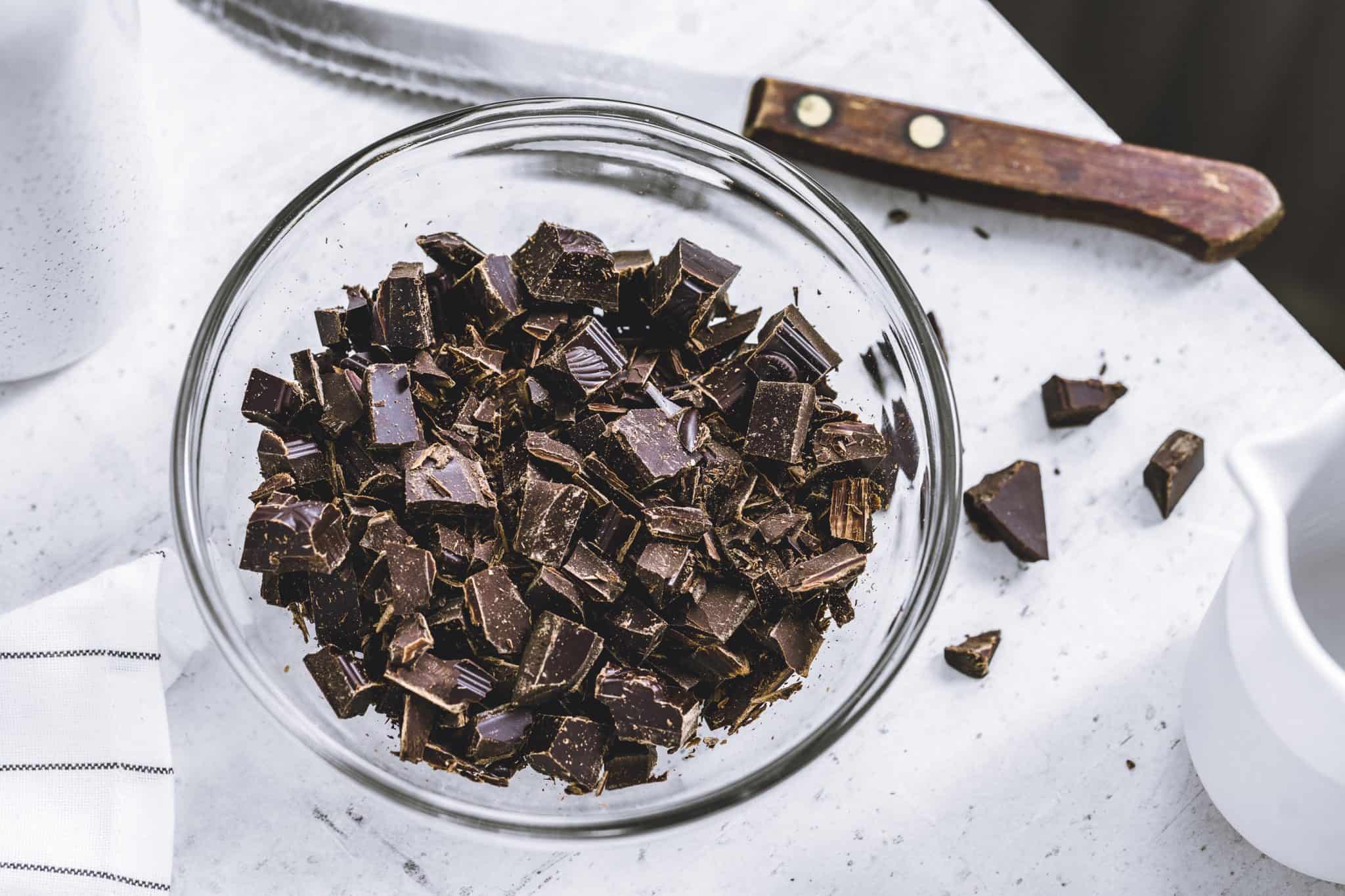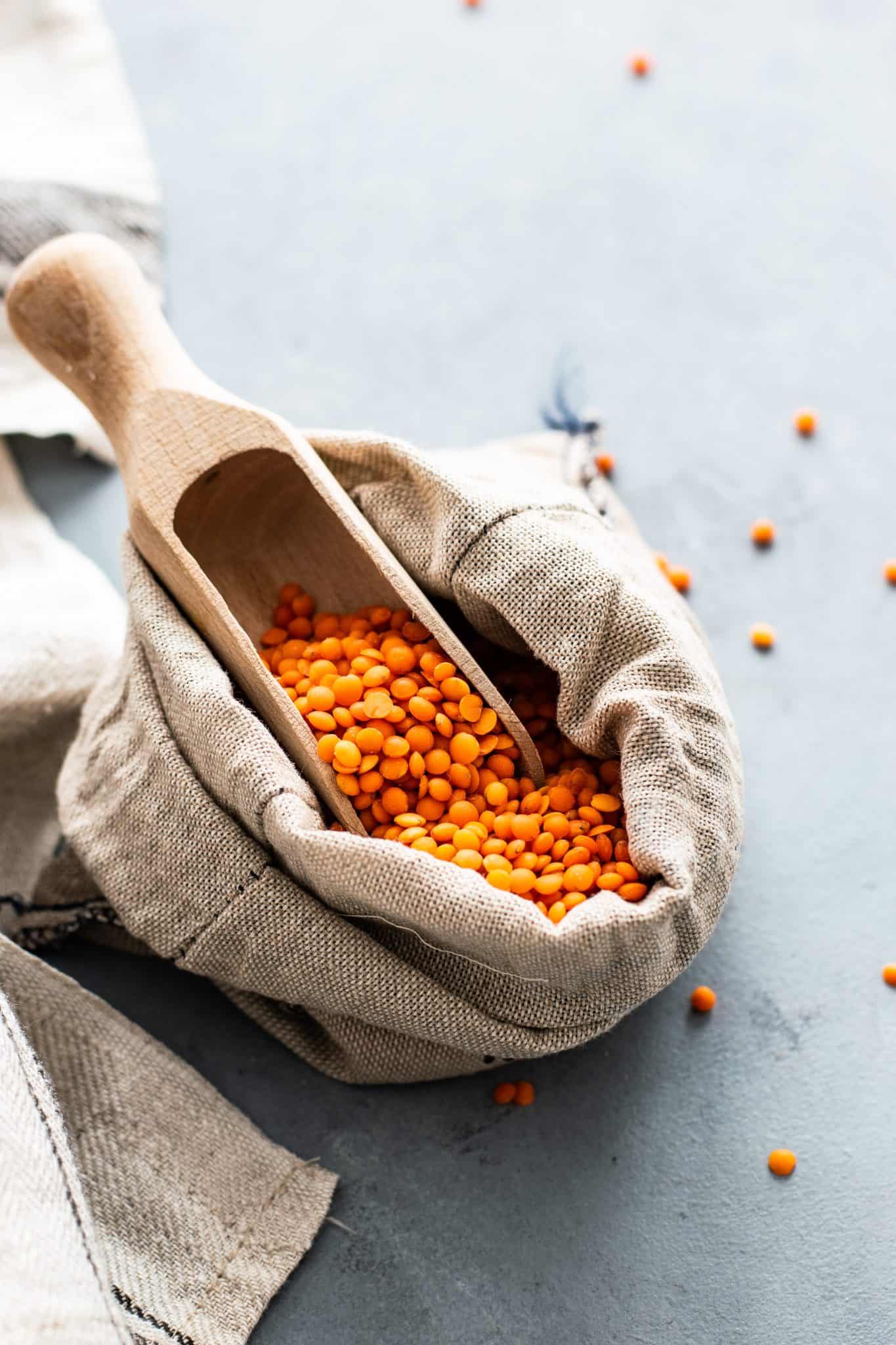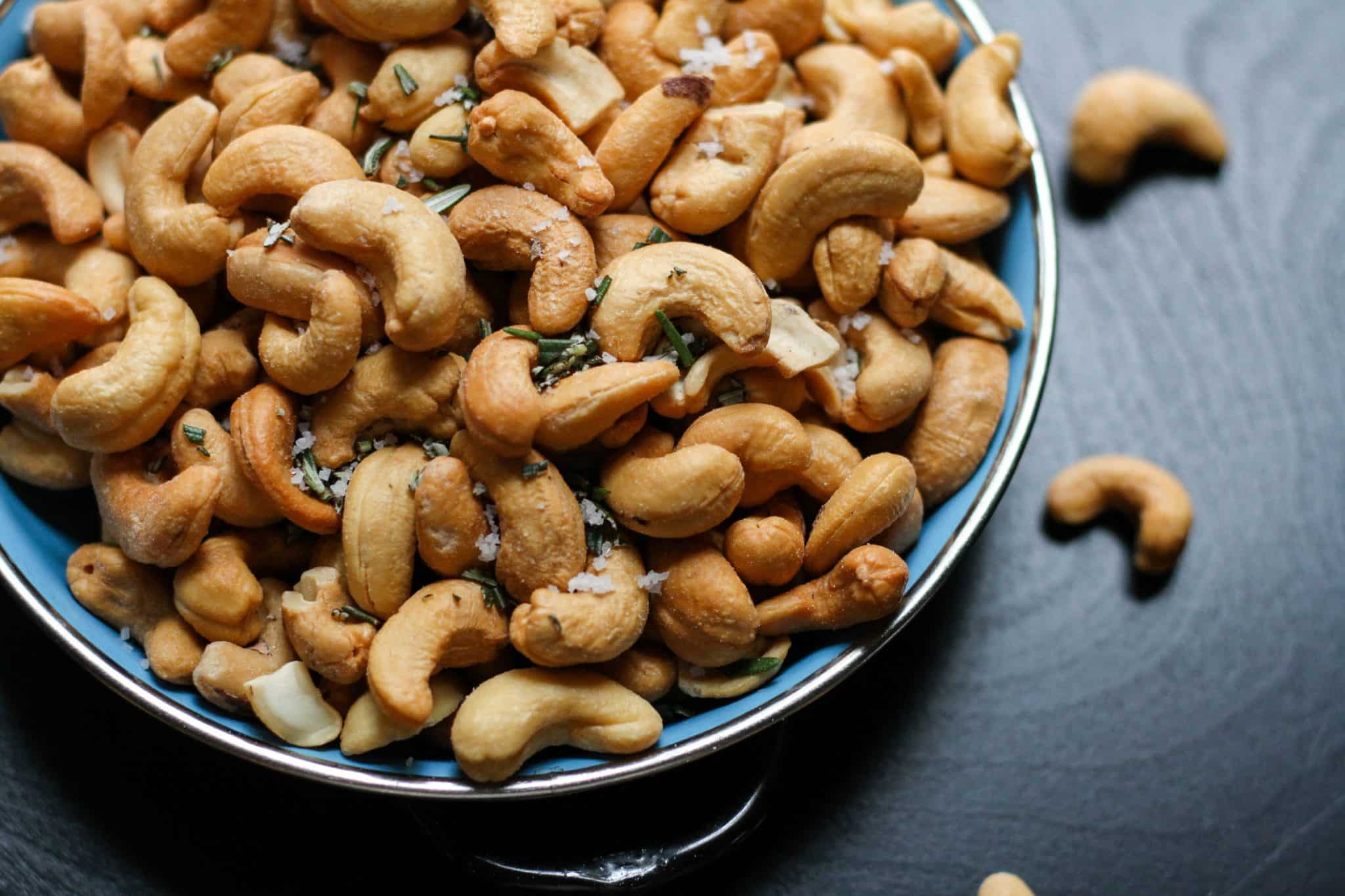Iron is a controversial nutrient when it comes to heart health. It’s a vital nutrient, as it is integral to red blood cell function, and transporting oxygen throughout the body. Iron is also essential to other metabolic processes, like DNA synthesis, immunity, and some enzyme function.
However, iron can also form free radicals that, left unchecked, can cause oxidative damage, leading to diseases like heart disease. For this reason, it's important to get enough, but not too much, iron preferably from foods.

Heme vs Nonheme Iron and Heart Disease
Iron in food comes in two types: heme and nonheme. This has to do with the source of the iron. Heme iron comes from animal foods, and nonheme iron comes from plant foods.
Heme iron is considered more bioavailable. That means our bodies can use it more easily without having to change its form or use another nutrient to absorb it. However, consumption of heme iron has also been associated with coronary heart disease.
Nonheme iron, on the other hand, takes more effort for the body to absorb, and because of that, absorption can be better regulated. The association that heme iron has with coronary heart disease has not been observed with nonheme iron.
What Are the Symptoms of Iron Deficiency?
Iron deficiency is called iron deficiency anemia, and it often goes unnoticed for a long time, because the symptoms may not be noticeable, or they may be thought to be another condition. It’s fairly easy to diagnose iron deficiency anemia with a blood test from your doctor, though. If you have any of the following symptoms, you may want to make an appointment:
- Fatigue
- Cold hands and feet
- Rapid heart beat
- Pale skin (that is unusual for you)
- Shortness of breath
- Sore tongue or sores in the corners of your mouth
- Craving things that aren’t food, like dirt, clay, or ice
- Fingernails that are brittle
Some people are at a higher risk for iron deficiency than others. If you are a woman of menstruating age, pregnant or breastfeeding, or if you have had weight loss surgery, have a GI disorder (like Crohn’s, celiac, or ulcerative colitis), take a lot of antacids, have a bleeding ulcer, kidney failure, or any other condition in which you may bleed a lot, you may be at a higher risk for iron deficiency anemia. Talk to your doctor if you have any concerns about getting enough iron or possibly having iron deficiency anemia.

Can Too Much Iron Hurt My Heart?
The body doesn’t actually have a natural mechanism to excrete extra iron (though we do lose a milligram or two daily as our skin cells die and slough off). It gets continuously recycled within the body. The only way to appreciably lower the amount of iron in your body is by blood removal: childbirth, menstruation, donating blood, or bleeding.
A healthy functioning body has a mechanism for regulating how much iron is actually absorbed, regardless of how much is ingested, but for some, this mechanism doesn’t work right. For this group of people, it’s easy to ingest too much iron. And remember that it’s harder for the body, in a healthy state, to regulate how much heme iron gets absorbed? This can also play a role in iron building up to toxic levels. If this happens, you may experience severe vomiting, diarrhea, abdominal pain, and dehydration. If toxicity progresses, it often leads to liver failure, heart failure, and/or diabetes. With iron, more is definitely not better!
Children are at a much higher risk of developing iron toxicity, usually from accidental ingestion of adult supplements. Between 1983 and 2000, at least 43 children died as a result of ingesting high amounts of iron supplements. Always keep your medications, including supplements, out of the reach of children.
How Much Iron Do I Need for Heart Health?
The RDA (Recommended Daily Allowance) for iron changes depending on your age and gender, and whether you are pregnant or nursing. For men 19 and older, the RDA is 8 mg iron per day. For women 19-50, the RDA is 18 mg/day. For pregnant women the RDA is 27 mg/day, and for lactating women the RDA is 9 mg/day. For women over 50 years old, the RDA is 8 mg/day.

What Foods Are Good Sources of Iron?
Most people know that meat is a good source of iron, but also consume too much of it. Remember the heme iron found in meat can contribute to heart disease. Here, I’ll try to shed some light on nonheme iron sources. Also, regardless of the iron source, consuming it with a food high in vitamin C (like orange juice, strawberries, or a simple splash of lemon juice) can help your body better absorb it. If you want to know about a food not listed here, check out the USDA’s FoodData Central! Here are some good sources of nonheme iron:
- White Beans, 1 cup - 8 mg
- Dark chocolate (45-69% cocoa solids), 3 oz - 7 mg
- Lentils, ½ cup - 3 mg
- Spinach, boiled and drained, ½ cup - 3 mg
- Tofu, ½ cup - 3 mg
- Kidney beans, ½ cup - 2 mg
- Chickpeas, ½ cup - 2 mg
- Roasted Cashews, 1 oz - 2 mg
Many breakfast cereals and other products are also fortified with iron, and contain varying amounts of the nutrient. Check the label so you know.
The best way to ensure you’re getting enough iron for heart health is to consume a variety of whole plant foods daily, with smaller amounts of unprocessed meat. With a little planning, it’s not so hard to get all you need for without going overboard. As always, if you think you may have a deficiency, or are considering a supplement, talk with your doctor or dietitian to get the most individualized advice for your situation.

Leave a Reply